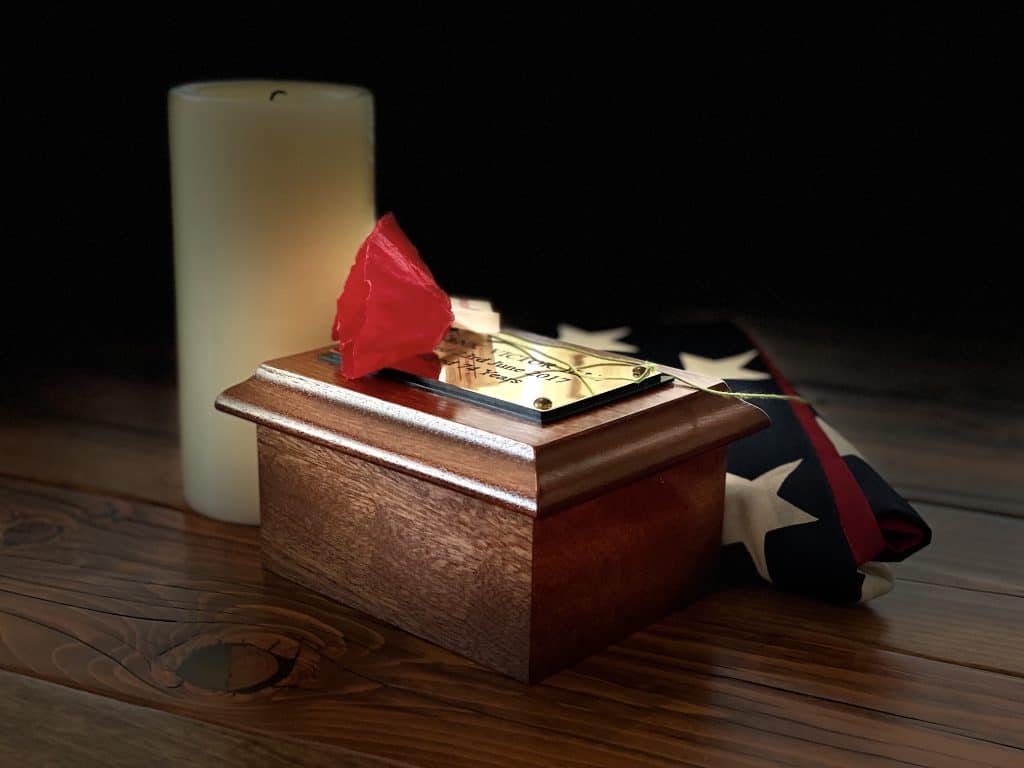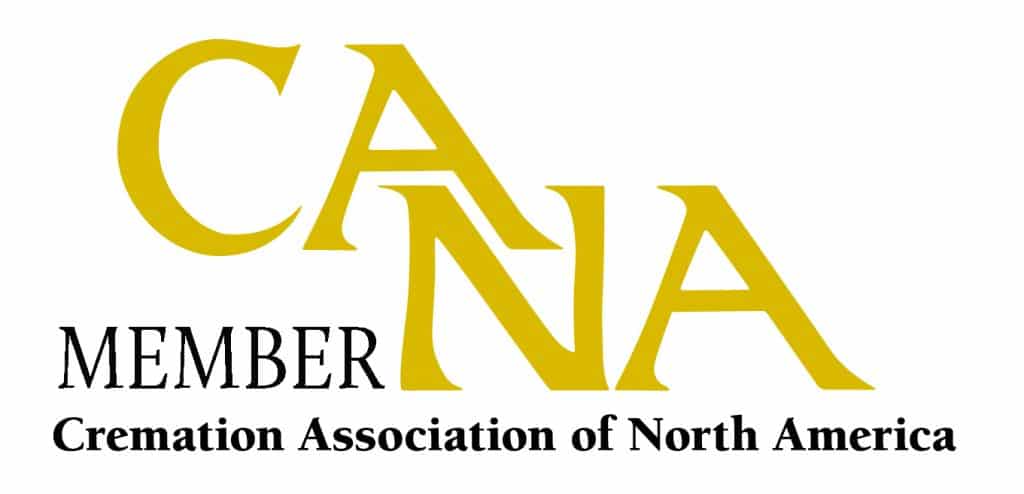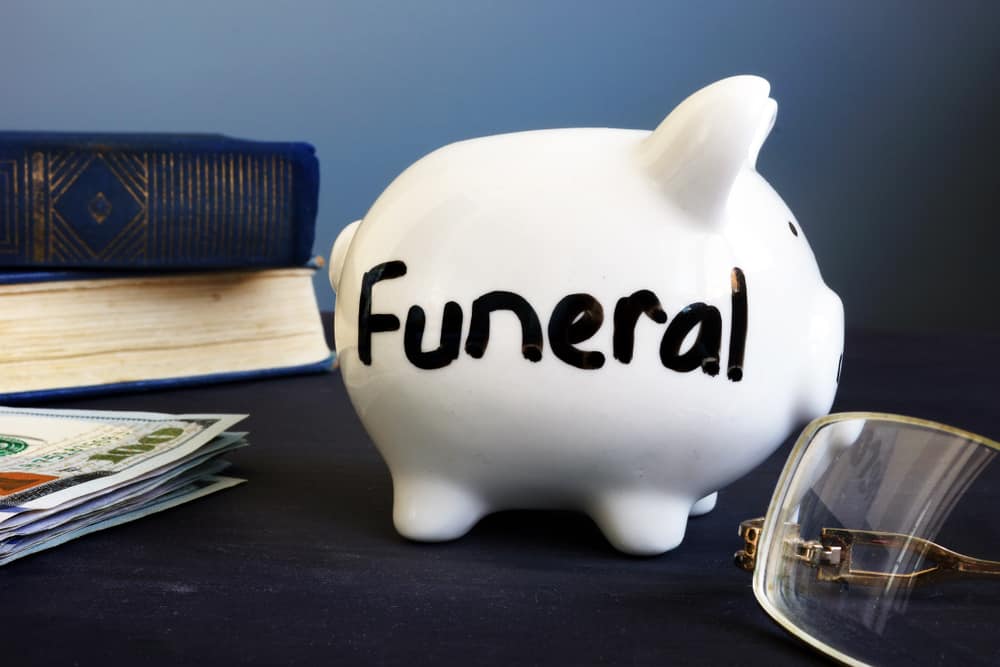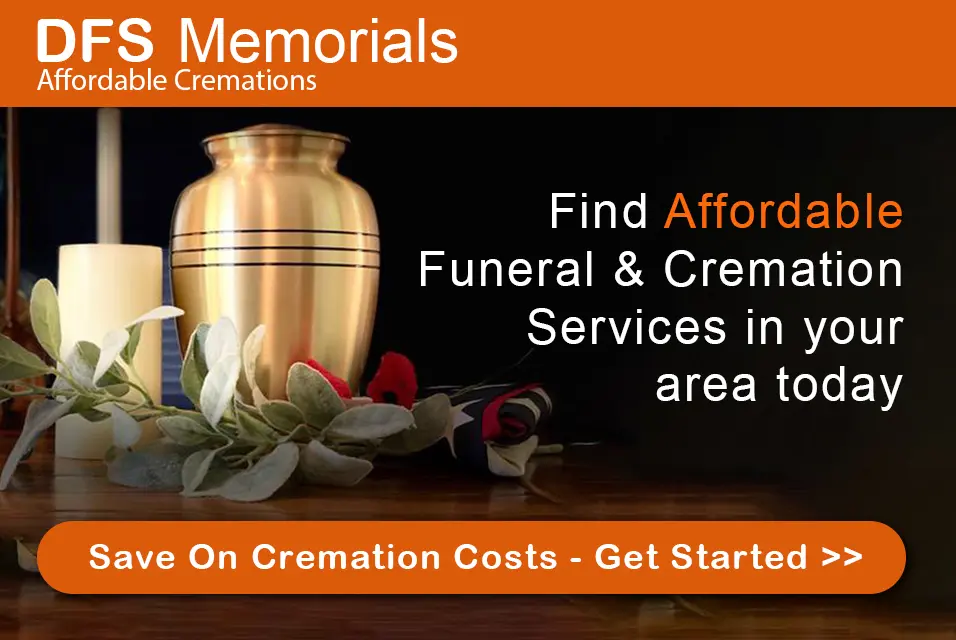How much is the U.S. Funeral Industry worth?
The U.S. funeral market is estimated to be worth around $20.8 billion annually in 2025, with approximately 3.1 million deaths projected for the year. Due to the aging U.S. population, the death rate is expected to continue rising in the coming years, with projections showing an increase to 9.28 deaths per 1,000 people in 2025.
The U.S. funeral industry is a significant sector within the economy, encompassing funeral homes, crematories, cemeteries, and related services.
As of 2025, the Funeral Services market in the United States is estimated at approximately $75 billion, reflecting steady growth amid shifting consumer preferences.
When considering the broader death care industry—which includes funeral services, cremation services, memorial products, and related services—the market is projected to reach around $103.5 billion by 2030, growing at a compound annual growth rate (CAGR) of about 6.67% from 2025 onward.
An estimated 22,327 funeral directors currently offer services in the U.S., though exact numbers can be challenging to pinpoint as the profession is regulated differently by each state.
There are more than 15,703 funeral homes nationwide, employing over 106,000 people and generating significant economic activity.
The COVID pandemic resulted in 3.4 million deaths and a record increase in cremations during 2020 -2021.
Funeral Industry’s declining profits and changes in the funeral market
Senior industry analysts report that while revenue in the U.S. funeral industry continues to grow due to rising death rates, the sector faces declining profit margins primarily from the increasing cremation rate.
The rising death rate in the coming years is likely to help bolster revenues, but cremation’s lower costs are pressuring traditional burial services.
Since the economic downturn, the funeral industry has continued to see a decline in profits as families economize on funeral costs or choose cremation as a lower-cost funeral alternative.
The funeral industry reported at its annual NFDA convention that the average profit from a funeral was down by 37%.
In 2024, 61.9% of Americans chose cremation, a rate that continues to increase across all states. It is anticipated that by 2045, over 82% of Americans will be cremated.
States like Nevada, Washington, and Hawaii have cremation rates over 65%, while Mississippi, Alabama, and Kentucky have some of the lowest, though all states are experiencing growth in cremation rates.
“Death and Taxes”: The inevitability of a life cycle…

“The honest-to-goodness truth of the matter is that everybody does die,”
Arvin Starrett, a spokesman for the N.F.D.A. and the owner of Starrett Funeral Home in Paris, TX, was quoted in a New York Times article.
‘Death and Taxes’ are, as the cliché states, two unavoidable facts of life!! And, let’s face it, in an economic and political environment that changes with the wind, they are the one absolute truth we all can accept.
That is why the funeral industry has remained resilient even as global and domestic economies fluctuate.
It is now estimated that the actual average cost of a traditional funeral with burial is around $8,300, rising to nearer $10,000 or more when cemetery fees are considered. For cremation with a funeral service, the costs average about $6,280. 53
Funeral Prices: Why do they vary so much?

Funeral prices vary enormously both within a local area and between funeral directors, so comparing like-for-like quotes is strongly recommended to anyone requiring funeral-related services.
Families often ask me why funeral prices vary so much and why funeral directors are sometimes unwilling to disclose full pricing. The answer is that the funeral industry has existed for decades as a business where families did not ask about the cost upfront but accepted the price of a final funeral bill, sometimes without question.
Today, that has all changed as families demand more straightforward funeral services at lower costs and with clear disclosure of what they are paying for.

Family-owned vs. Corporate Funeral Companies
Funeral director businesses range from part-time, sideline ventures to family-run enterprises, from small to medium groups to international corporations.
One of the main criticisms of the industry by watchdogs and other groups is that some funeral homes are not totally clear about their true ownership. Hence, many traditional family business names still exist even though larger groups may have acquired them.
Therefore, when acquiring funeral services, it is wise to establish exactly whom you are dealing with. Many people opt to choose a trusted local family funeral business, only to find they are dealing with a large corporation.
As already mentioned, funeral prices can vary enormously. Contrary to current retail practice, it is not always the national corporations with large buying power that offer the best value services!

As a $20.8 billion annual industry, the funeral trade has also attracted unscrupulous traders who may appear to offer discounted services. Be sure to check out any firm offering what seems unrealistically discounted services!
The funeral market in the U.S. can be primarily viewed as a juxtaposition between the corporate industry and the independent family-run business. Service Corporation International (SCI), whose leading brand is Dignity Memorial, is the largest corporation in the funeral industry marketplace.
SCI bought out the number two corporate company, Alderwoods, in 2008 and, in December 2013, acquired the number three corporate company, Stewart Enterprises. SCI also owns the National Cremation Service brand, The Neptune Society, and Advantage Funeral and Cremation Services.
In 2024, SCI grossed $4.19 billion in revenue and continues to hold significant future revenue from preneed funeral and cemetery sales. SCI has funeral properties in 43 states, 8 Canadian provinces, and select parts of Germany.
Be careful to check the identity of the funeral home you choose, as many corporate funeral homes still trade under a family name. If in doubt, it is wise to ask directly whether they are independently owned or part of a corporate chain. In some cases, when SCI acquired funeral homes, they not only kept the same family name but also continued to employ the same staff!
Several privately owned companies also conduct large numbers of funerals in the US. Northstar Memorial Group, Smart Cremations, Foundation Partners Group, and Newcomer Funeral Service Group offer larger-scale services.

However, their acquisition of Stewart Enterprises has led to them selling off and consolidating properties in some states to comply with antitrust regulations.
Licensing and Trade Associations in the Funeral Market
The National Funeral Directors Association (NFDA) has its own strict “Code of Practice” by which its members are bound. It has a broader membership as it caters to the whole funeral profession, from independent to national corporate companies.
There are several trade associations in the U.S., many of which operate at the State level. Most funeral homes are members of one or more of these associations and schemes; however, there is no regulation or law requiring membership in any.

It would be worth considering whether the funeral director you select to handle your needs is a member of one of these trade associations.
There is also Selected Independent Funeral Homes, a member association solely for independent funeral homes. CANA (Cremation Association of North America) devotes itself to furthering cremation training and collating cremation-related data. ICCFA (International Cemetery, Cremation, and Funeral Association) is international.
Visit Death Care Disrupted: How Cremation and Tech are Changing the Funeral Industry to learn more about current trends in Cremation, Technology, Regulation, Acquisitions, and Private Equity Interest in the Death Care Sector.
This post about the Changing Landscape of the Funeral Industry and the Rise of Cremation Services may also be of interest.



